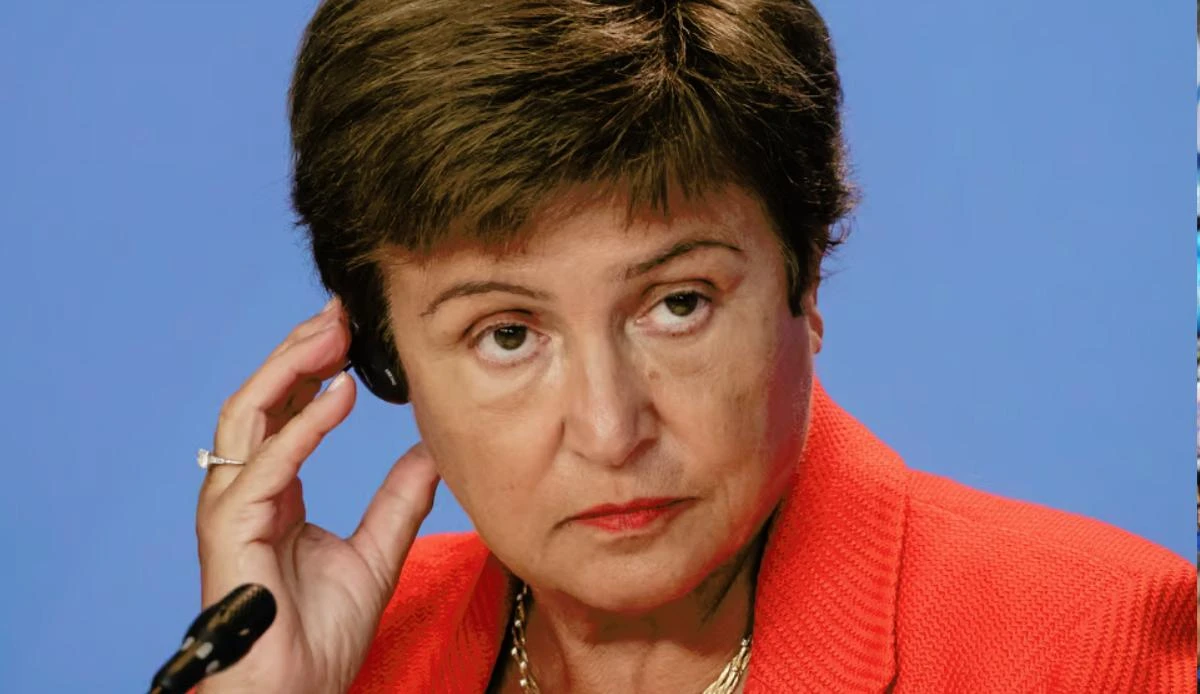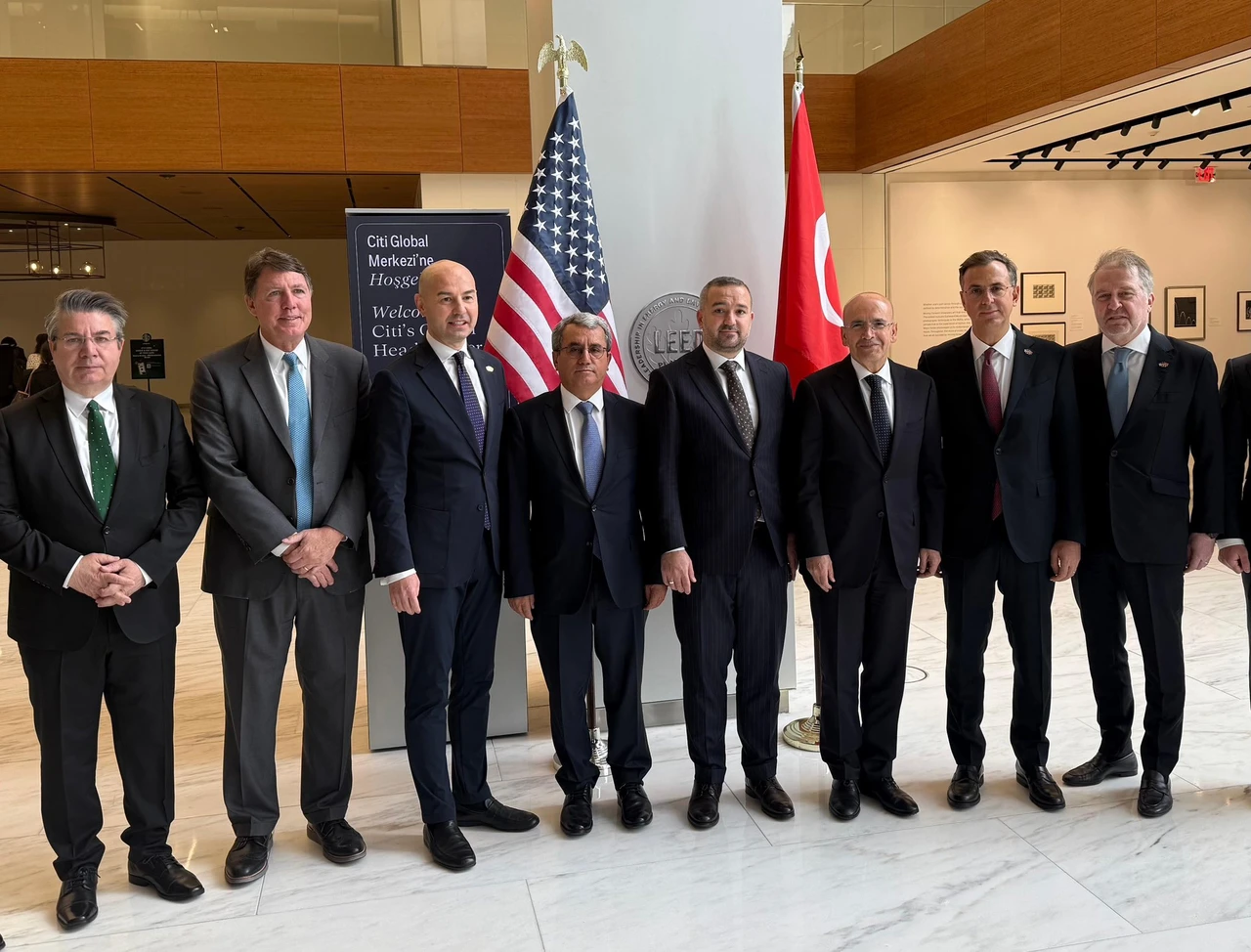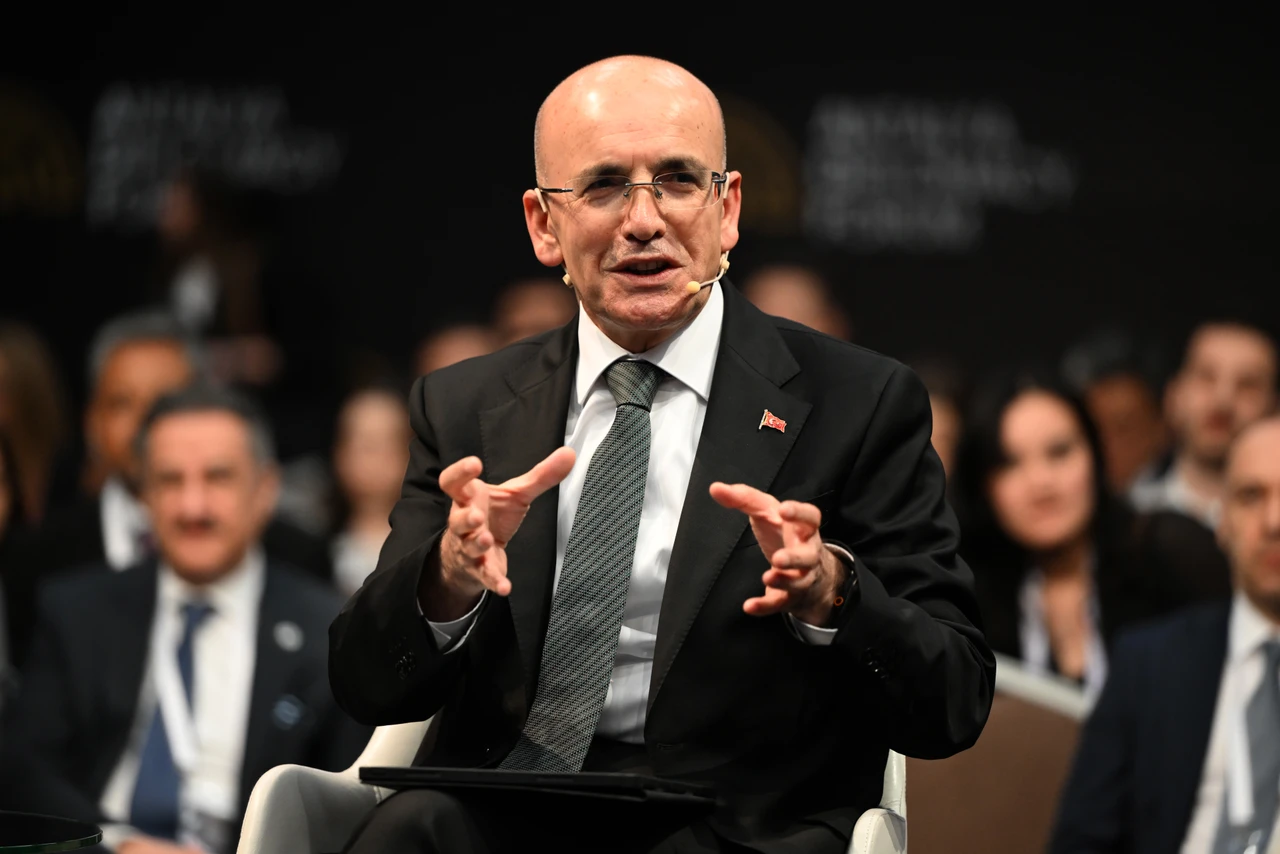Inflation might ease, yet IMF chief warns of lingering economic challenges

International Monetary Fund (IMF) warns that inflation is declining faster than initially thought, and that central bankers should carefully consider new evidence before making decisions about interest rate decreases
The head of the International Monetary Fund (IMF), Kristalina Georgieva, issued a warning, pointing out that although inflation is beginning to decline more quickly than first thought, the fight is far from done. Georgieva asked central bankers to deliberate carefully over new evidence before making judgments about interest rate decreases, during a speech at an Atlantic Council think tank event on Thursday.
In the last quarter of 2023, headline inflation for advanced economies was 2.3%, according to Georgieva. Marking a considerable drop from the 9.5% recorded within the previous 18 months. According to the announcement, this decreasing trend is set to continue until the end of 2024, which may allow central banks in the more developed nations to start reducing interest rates in the second part of the year. Georgieva did emphasize that there would probably be variations in the timing and speed of these operations.
Georgieva stressed that hasty rate reduction might lead to unanticipated inflationary pressures and require additional monetary tightening. She also emphasized the necessity of central bank independence. In contrast, a protracted delay in rate decreases may hurt the economy.
Georgieva projected that the World Economic Outlook report, which will be released soon, will show a little better picture of global growth, driven by strong performance in the US and a number of developing market nations. She emphasized lingering worries, such as geopolitical tensions and the unpredictability of the world economy, in spite of these encouraging changes.
The difficulties confronting the world economy were emphasized by Georgieva, who pointed out that although labor markets are robust and supply chain problems are becoming less problematic, overall activity is still below historical levels. Low-income nations were disproportionately affected by the COVID-19 pandemic, which intensified these issues and caused an output loss of $3.3 trillion from its start in 2020.
Due to persistently high energy costs and slower productivity development, the Eurozone recovery from the economic downturn has lagged behind that of the United States. India and Indonesia have done comparatively better among emerging market economies, but low-income countries still have a lot of obstacles to overcome.
With a sluggish growth rate of little over 3% for the next five years, well below the historical average, Georgieva restated the IMF’s cautious estimate for global economic expansion. She demanded consistent action to halt this tendency, fortify fiscal safety nets, and boost GDP via fundamental changes in order to bring back pricing stability.
Georgieva also emphasized the potential of economic transformation measures, such as digital and green transition acceleration programs. She brought up the concerns associated with artificial intelligence, noting a recent IMF report that showed its potential influence on global labor markets, even as she acknowledged the enormous prospects for investment, job creation, and development.
Source: Reuters



